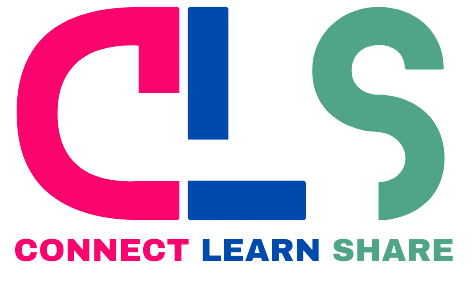Responsibilities and Expectations
For the Journal of Neurology & Neuropsychiatry – Open Access
Editor-in-Chief Responsibilities
As the leading authority, the Editor-in-Chief is tasked with guiding the journal’s strategic direction, ensuring the integrity and excellence of its scientific content. This involves:
- Curating a team of distinguished reviewers, fostering thorough and critical assessments.
- Upholding editorial standards to guarantee the publication’s quality, which includes soliciting, refining, and endorsing articles for publication.
- Making definitive judgments on the acceptance or rejection of articles post-peer review and any necessary revisions.
- Enriching the editorial board by inviting eminent scholars and specialists in relevant fields.
- Identifying themes for special editions.
- Gathering feedback to enhance the journal’s policies and the quality of its content.
Section Editor-in-Chief Duties
Responsible for a specific segment, the Section Editor-in-Chief ensures the section’s scholarly rigor, overseeing its progression and relevance by:
- Choosing qualified reviewers and promoting comprehensive evaluations in their area.
- Maintaining editorial excellence within their section, including the invitation, refinement, and publication of articles.
- Deciding conclusively on the publication of articles within their section after peer review.
- Expanding the section’s editorial board by inviting leading academics and experts.
- Proposing subjects for special issues pertinent to their field.
- Offering support and counsel to fellow editors.
Associate Editors’ Responsibilities
Supporting both the Editor-in-Chief and Section Editor-in-Chief, Associate Editors play a crucial role:
- Facilitating the manuscript review process.
- Assessing manuscripts for their technical and scientific validity.
- Recommending potential reviewers, interpreting reviewers’ feedback, and aiding in editorial decisions.
- Identifying and evaluating topics for special issues.
- Contributing an inaugural article as the lead author.
- Advocating for the journal at professional gatherings and conferences.
Editorial Board Members’ Functions
Board members are pivotal in shaping the journal’s content within their expertise:
- Conducting initial evaluations and making decisions on new submissions.
- Suggesting and overseeing special issues on relevant topics.
- Promoting the journal within their networks and at academic events.
- Participating in the manuscript review process.
Section Board Members’ Roles
Dedicated to a particular journal section, their responsibilities mirror those of the editorial board but are focused on their specific domain:
- Preliminary assessments and decisions on submissions to their section.
- Editing and managing special issues related to their expertise.
- Engaging in promotion and review activities specific to their section.
Advisors
Advisors contribute to the journal’s strategic growth and ethical standards:
- Elevating the journal’s stature in the academic community.
- Developing ethical publishing policies and practices.
- Recommending themes for special issues.
- Addressing appeals and ethical concerns.
- Contributing annually to the journal’s content.
Guest Editors
Guest Editors curate special issues, from concept to publication, ensuring relevance and international contribution:
- Defining the special issue’s scope, aims, and keywords.
- Organizing a roster of contributors and proposed titles.
- Overseeing the submission and review process in alignment with journal standards.
- Promoting the special issue to maximize impact and reach.
